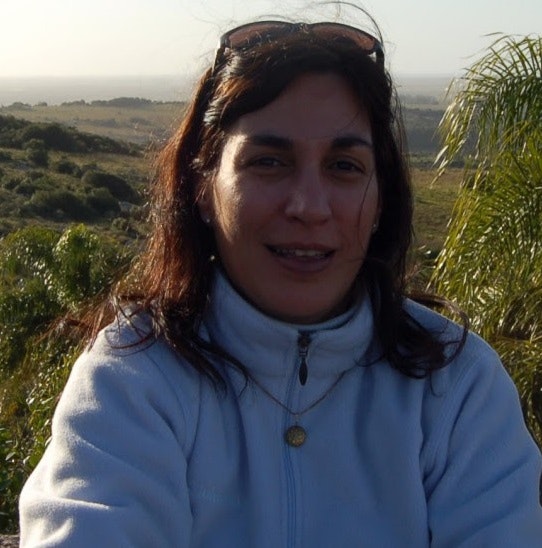The Pampas Deer and Grassland Conservation Management project, Uruguay
Dr. Susana Gonzalez is Director of the Uruguayan NGO, Instituto de Conservacion Neotropical and Chair of the IUCN Deer Specialist group. A global champion for deer conservation, she has led efforts to conserve the Uruguayan pampas deer and its habitat for over 20 years.
As noted by Darwin, millions of Pampas deer once ranged throughout the vast neotropical grasslands of South America. However, following the introduction of agriculture and urbanization, habitat loss has reduced the deer’s range to less than 1% of that found in 1900. Pampas grasslands now represent one of the most critically endangered ecosystems in Latin America but receive little conservation attention.
In Uruguay, fewer than 1,500 pampas deer still remain, split into two isolated populations of different sub-species. Susana and her team are working to establish a network of reserves that protect the remaining grasslands, utilising the pampas deer as an umbrella species. With a tiny fraction of Uruguay covered by protected areas, it is critical that management strategies integrate privately owned land into the conservation system.
Often dismissed as a nuisance by ranchers, deer play a vital role in the healthy functioning of grassland. Currently, ranchers who share their land with the deer see no benefit. Susana’s project is encouraging sustainable management by helping ranchers willing to accommodate pampas deer herds on their land. Landowners who implement good livestock practices and restore agro-ecosystems are rewarded with assistance in seeking special certification of their products and improved market opportunities. Susana’s research is also providing evidence that the deer play a vital role in seed dispersal – good for the grassland and therefore the cattle.
With Uruguay’s pampas grasslands also being home to charismatic species such as the ostrich-like rhea, Susana is also promoting training in ecotourism which has potential for long-term livelihood benefit to local people.
Susana recognises that engaging local people and stimulating them to take an active role in conservation is vital, especially in regards to children – the future of the pampas deer and their grassland habitat being very much in their hands. “When I began environmental education in this rural school there were only 5 children and none had ever seen a pampas deer. Twenty years later there are 15 students who all regularly see the deer and are deeply involved with their role as “guardians”, taking part as active protagonists”.
PROJECT UPDATE
2023 Continuation Funding
Changing perspectives of the pampas deer to promote co-existence
£50,000 over 1 year
An expert on the Uruguayan pampas deer, Susana González is dedicated to protecting this umbrella species and its grassland home.
Her work focuses on data collection, assessing the status of pampas deer genetics, health, and interactions with the surrounding ecosystem, and using the evidence to improve outcomes for the species. Often seen as disease carriers and competitors for livestock, pampas deer clash with ranches in their home range. To mitigate human-wildlife conflict, Susana established a network of landowners, working with them to manage the grasslands more sustainably and change negative local perceptions around pampas deer.
Due to COVID-era government budget cuts, Susana has been unable to prepare future rewilding projects or create protocols for breeding and genetic variation. Continuation Funding will get this project back on track, allowing Susana to further her assisted reproduction programme that will help sustain a resilient population of deer. She will continue to monitor population trends, tracking the movements of five male individuals to determine their home range and seasonal behaviours. Lastly, Susana will continue to encourage coexistence by creating a national registry of landowners whose land overlaps with pampas deer ranges, providing them with the information and incentive to implement more wildlife-friendly farming practices.






